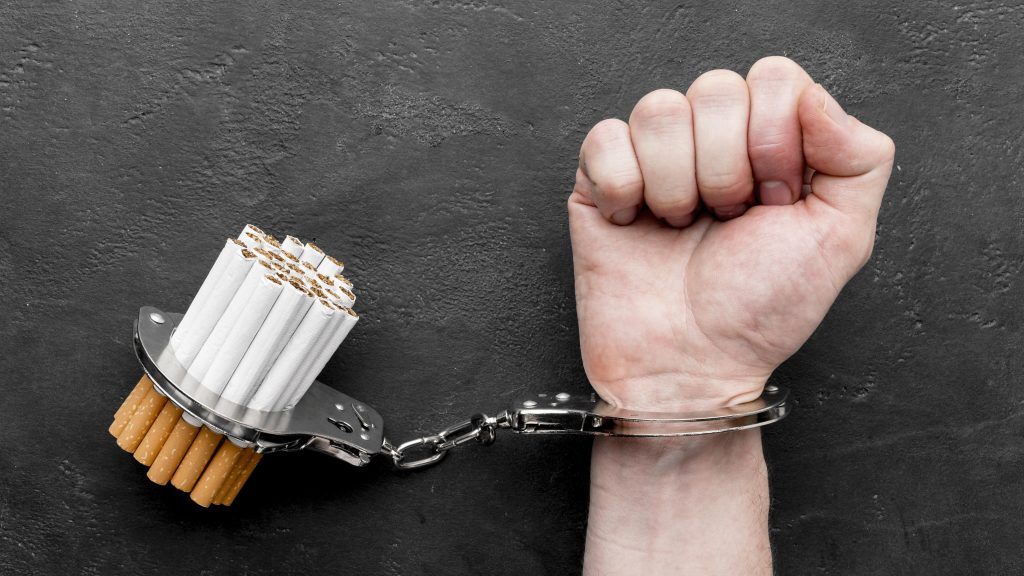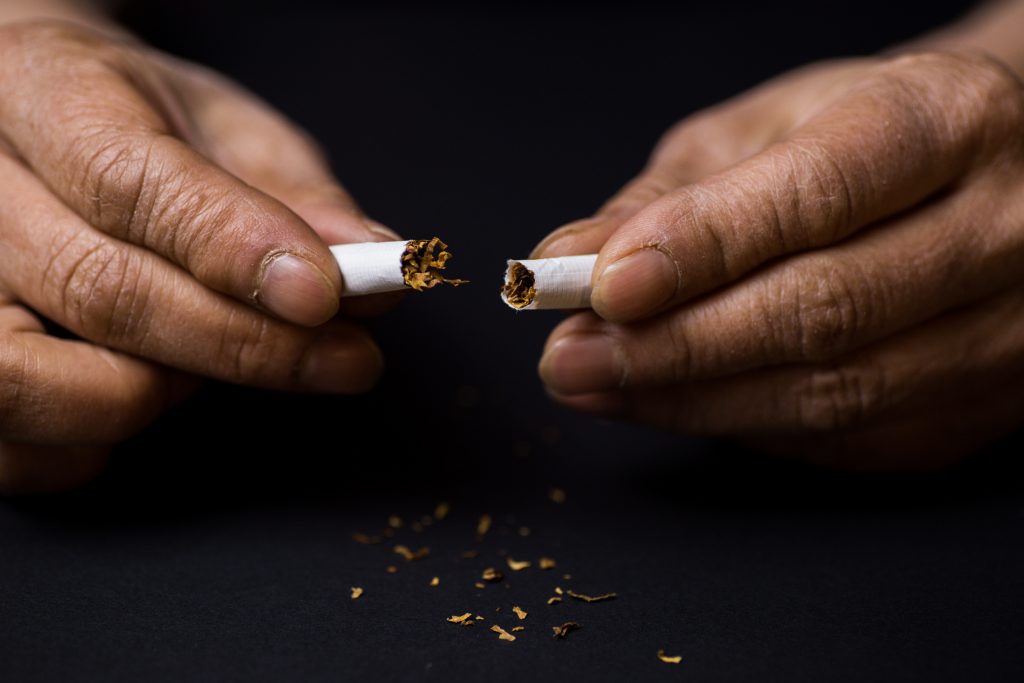By: Dr. Timothy Chifamba

“Doc, what should I do to stop smoking? I’ve tried and it’s not easy,” he said with tears in his voice. I looked into the eyes of the young man. They beamed with a blend of youthful energy and exasperation. He looked back at me with hope. Maybe, just maybe, there was a magic formula – a silver bullet or natural remedy which could be prescribed to make it easier to quit smoking.
Smoking is one of many health behaviours individuals engage in which affect our health and wellbeing. While there exists a wealth of evidence that proves it is one behaviour that is undoubtedly connected to our respiratory illness, cancer, and heart disease; Smoking is not the only behaviour that affects our health. It has been posited that all behaviour we engage in has a direct or indirect effect on our health. It is, therefore, imperative that we understand the science behaviour change. Understanding this allows us to be gentle with friends and family we wish could change, to not be overly judgmental towards others and be kind to ourselves when it seems the change we hope to attain is out of reach.
James Prochaska was a psychologist who studied smokers who quit smoking and presented a theory that sought to outline how behaviour change occurs. He divided the change into stages: pre-contemplation, contemplation, preparation, action, maintenance and relapse.

Before we desire to change, we do not even know that something is wrong with our behaviour. Or we may know and yet we would not have given it much thought. We engage in the behaviour over and over and it becomes a habit. When someone tries to point out to us that it is a habit we vehemently deny it. This is the pre-contemplation phase. The best thing to do to friends and family we know in this phase is to increase their awareness about the effects of the behaviour as well as their self-awareness regarding how it has an impact on their personal lives.
Once we realize that what we do hurts our lives in terms of health, finance and family we begin to think about changing. We read up on change. We imagine how our lives would be like if we achieved change. We soak in the blissful thought of something better. This is the contemplation stage. We all meet friends and family who are in this phase. They ask a lot of questions on how to change and on what life is like without the habit they find themselves entangled in. We should be patient and not rush individuals who are in this stage.
In due time thinking about it translates into doing something about it. We go out and buy those sneakers. We set adjust our timetable for the day to accommodate the new behaviour. We continue to spend time researching and reading up on how we can quit a behaviour or form a new habit to replace the behaviour we wish to get rid of. This is the preparation stage. During this stage, the best thing we can do for our friends and family is to support them.
We then begin to minimize the undesirable behaviours or engage in our desired behaviour more and more. It’s hard the first days but it progressively becomes easier and easier. This, Prochaska referred to as the action stage. We are so proud of our new selves and it lasts for days, weeks or months and then as if it is coming out of nowhere it happens. We do that thing we were so sure we were done with. We hit that snooze button and sleep in instead of going for that jog. Once, twice, thrice and maybe even hundreds of times. We are back where we begin, we relapse.
Change is a process, it takes time, dedication and effort. We should take it one step at a time, one day at a time. We may make several attempts to change. If we do relapse, we shouldn’t be so hard on ourselves – it is all part of the process. What we have experienced from that attempt allows us to be better next time around. You are not a blind man seeking a black bat in a dark cave. Change is not a mirage, it is attainable. Especially when one understands the science of change.
Get in touch with Dentist and Educator: Dr. Timothy Chifamba on tchifg@gmail.com for more information about health & lifestyle, behaviour change and the prevention of disease.